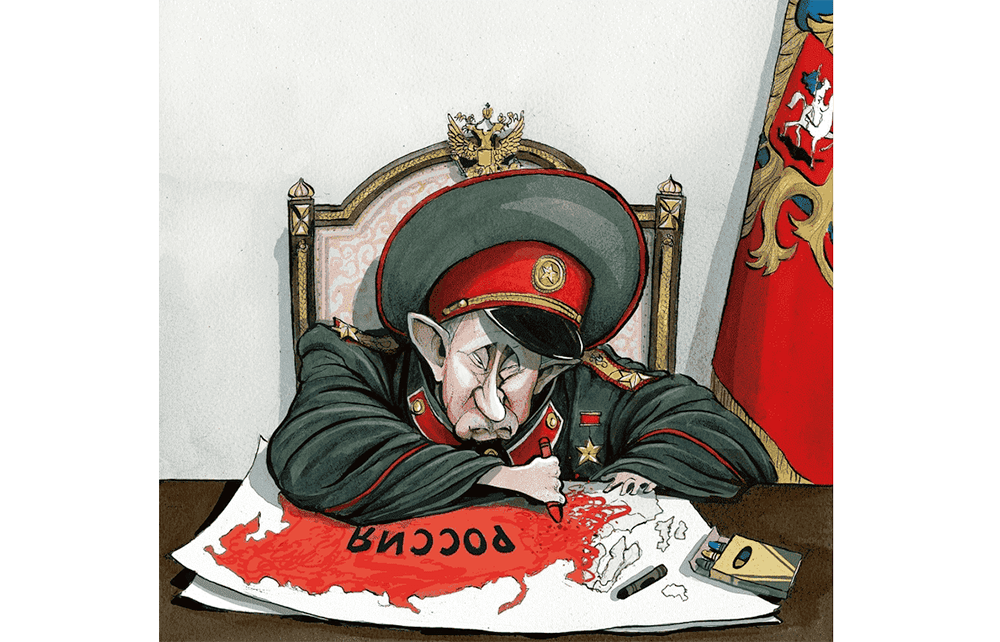On 1 September 2021, six months before his full-scale invasion of Ukraine, Vladimir Putin was speaking at the All-Russian Children’s Centre, known as ‘Ocean’, near the harbour city of Vladivostok. He turned to a topic that obviously haunted him during his long Covid-19 isolation. He told his audience of children that Russia’s population could have been about half a billion today, rather than the current 146 million, if it hadn’t been for the shocks of the past century: two world wars, the Bolshevik Revolution and the collapse of the Soviet Union.
Having a smaller population can make a country richer, but never more powerful
A country’s population, Putin said, is ‘the total power of the state, which is exponentially increasing’, creating a ‘more and more powerful foundation for development, existence, wellbeing’. He concluded that no such calamitous interruptions to Russia’s recovery could ever be allowed again.
His message, however, was not ‘no more wars’ but instead that the state should do everything possible to reverse the population decline. If the policies to increase Russia’s low birth rates do not work, something else must be tried. Having a smaller population can make a country richer (per capita, anyway) but never more powerful.
Watching this video of Putin today prompts the question: what explains the decision to invade Ukraine? Was it fear of democracy (i.e. the anti-oligarch reforms in Ukraine) or fear of demography? ‘Russia is not fighting for land,’ says Mykhailo Podolyak, an adviser to Volodymyr Zelensky. Could it be the Ukraine war is about fighting for people? And if so, what might this say about when and how the war might end?
Putin’s anxiety fits what Hans Magnus Enzensberger, the German poet and essayist, defined almost three decades ago as ‘demographic bulimia’ – the bottled-up panic triggered by the fear ‘that too many and too few people could simultaneously exist in the same territory’.







Comments
Join the debate for just £1 a month
Be part of the conversation with other Spectator readers by getting your first three months for £3.
UNLOCK ACCESS Just £1 a monthAlready a subscriber? Log in